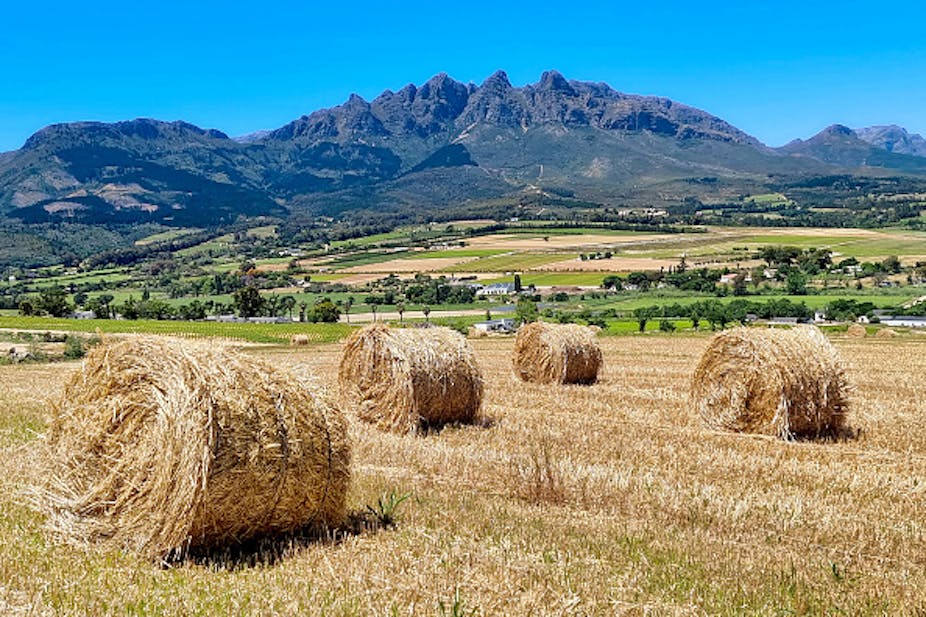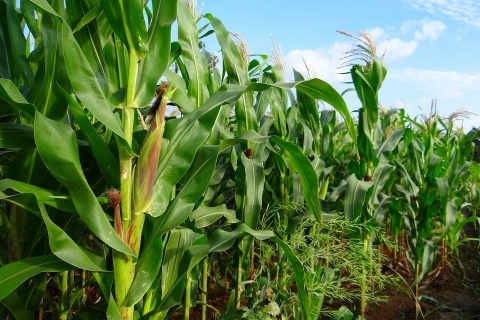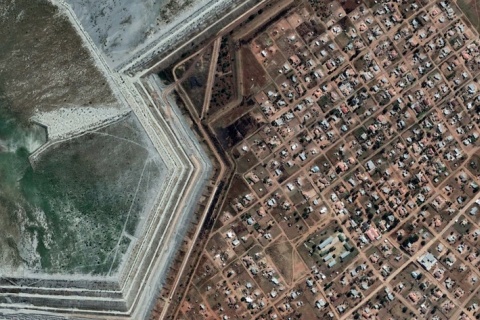Découvrez des histoires cachées et des voix non entendues sur les questions de la gouvernance foncière dans le monde entier. C'est ici que la communauté du Land Portal partage ses activités, ses expériences, ses défis et ses succès.
Issues
Geographical focus
Just like many African countries, a majority of Zambian tribes follow a matrilineal system, that is, an affinity system in which descent is derived through maternal instead of paternal lines which essentially means children are recognised by the names or family of their mothers. This does not only affect decent but also involves the inheritance of titles and property including land through the female line. One might ask why women have less access and control of land in Zambia when land and property is inherited through maternal lines.
South Africa needs to move away from siloed and passive approaches toward water management and adopt more proactive, robust and integrated approaches.
Apopular phrase in a time of crisis is “it never rains, but it pours”. This is usually a figurative expression referring to the overwhelming sense of chaos at a given time. South Africa is a country which has not been spared from economic, social and political chaos over the past few months, and the phrase has now taken on a literal meaning.
Traditional leaders assign land giving little consideration to spatial planning for long-term, sustainable settlement. People are settled in places unsuitable for human habitation. And climate change will bring added volatility and exposure.
This op-ed by Katlego Ramantsina, a researcher at the Institute for Poverty, Land and Agrarian Studies first appeared in the Daily Maverick
Developing land tenure legislation is a difficult job to get right — especially given the legacy of intractable problems inherited from apartheid. The Gauteng consultation did not seem genuine: it lasted only three hours.
This article by Wandile Sihlobo was first published in The Conversation

Ido Lekota is a former Sowetan political editor.
Agriculture, Land Reform and Rural Development Minister Thoko Didiza tabled a R17, 3 billion budget in the past week to help support food security in the country.
Didiza said the money will be distributed through a range of programmes, including the commercialisation of black farmers through land development support.
"If you look at the R17.3bn of our budget, the majority of that is transferred to provinces dealing with food security," she said.
Le maïs est une culture commerciale mondiale essentielle, produite sur tous les continents sauf l'Antarctique. En tant que culture flexible, il a de multiples usages, notamment pour la consommation humaine directe, comme ingrédient pour l'alimentation animale, comme composant clé des aliments transformés ou pour la production d'éthanol. Selon les chiffres de FAOSTAT, la production mondiale est passée de 0,2 à 1,2 milliard de tonnes entre 1961 et 2020.
Nick Vink and Johann Kirsten
Most countries in both the rich and the developing world have some sort of programme to help early career farmers (mostly, but not exclusively young people) to get established in a farming or agribusiness enterprise. South Africa sticks out like a sore thumb, even against many African countries, in not having such a programme.
In our view, subsidies for black farmers in South Africa are justified. This is because they would help deliver a more inclusive agricultural sector and correct past racial biases.
This blog was written by Anna Schreiber and originally posted through Land for Life at https://land-for-life.org/10-years-of-vggt-time-to-take-stock/
Daily Maverick Our Burning Planet: Op Ed by Malik Dasoo
Regenerative agriculture, which involves special techniques to cultivate nurture-rich soils that also trap greenhouse gases, can initially be time and labour intensive. But farmers who stick with it are witnessing enormous returns.
L'Afrique du Sud a connu la dépossession foncière la plus importante de tous les pays d'Afrique subsaharienne sous la colonisation et l'apartheid. Malgré un programme de réforme foncière lancé après la transition vers la démocratie en 1994, l'accès équitable à la terre reste une question non résolue, tant dans les zones urbaines que rurales.
Il s'agit de notre ancien condensé Country Insights, en français, aperçus des pays désormais rebaptisé "What to Read" (ce qu'il faut lire, en français) pour rendre justice à son contenu.










